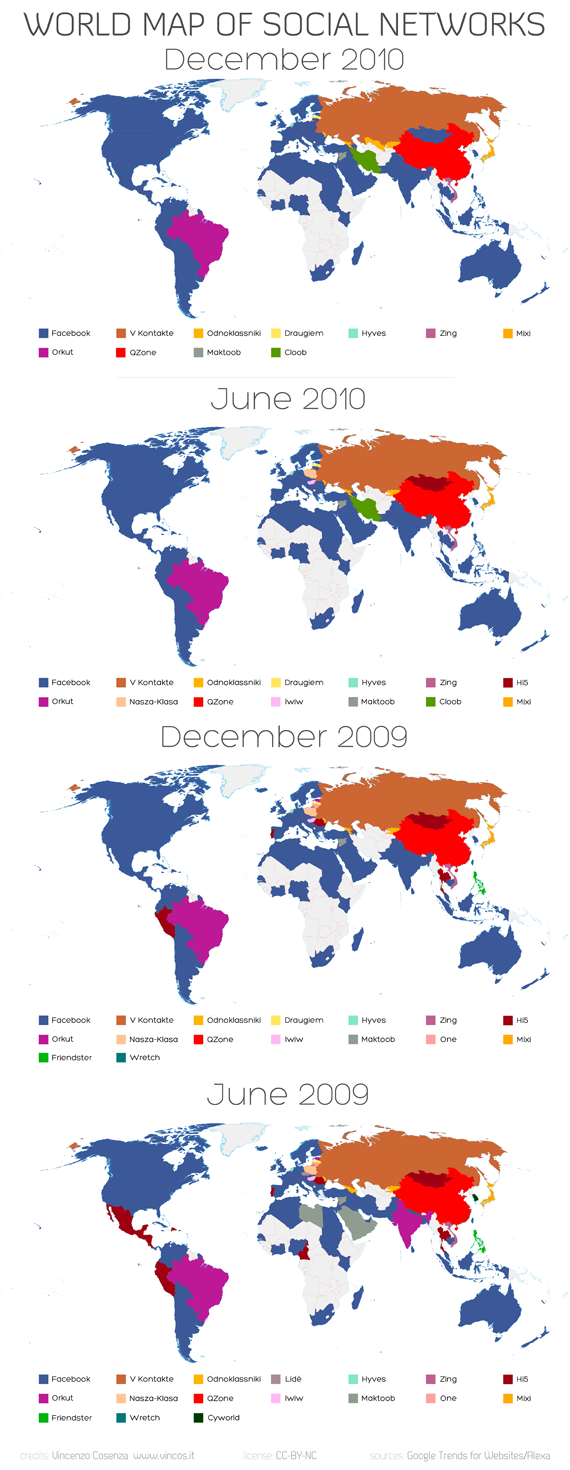10/07/2009
PORTUGAL E A UNIÃO INDIANA: OS FACTOS E A VERDADE
No passado dia 30 de Junho assistimos, na Academia de Marinha, a uma interessante conferência sobre a Estratégia actual da União Indiana (U.I.) e a importância que a componente naval tem nessa estratégia.
No fim, já no período de debate, veio à colação a questão das relações entre Portugal e a UI e o que interessava fazer no futuro para manter os marcos civilizacionais que deixámos por aquelas bandas.
Sabe-se que 34 anos depois de restabelecidas as relações diplomáticas pouco se tem evoluído de um lado e de outro e os esparsos contactos havidos poucos resultados têm dado. Questionou-se onde residiriam os constrangimentos e os nós dos problemas. Até que, a certa altura, um ilustre académico resolveu fazer uma intervenção cuja síntese é esta: os indianos não estão interessados em comemorar a presença portuguesa (ou a chegada de Vasco da Gama), pela mesma razão de que os portugueses não comemoram a perda de Olivença.
A argumentação foi feita de boa mente, tem a sua pertinência e toda a gente na sala, creio, percebeu a ideia que a intervenção subentendia.
Porém, para um correcto entendimento, a argumentação necessita de um outro enquadramento.
De facto o Estado Português (e bem), nunca reconheceu a perda de Olivença em 1801, que a Espanha mantém sequestrada, desde pelo menos o Congresso de Viena, em 1815. O governo português tem, desde então, cedido perante o direito da força, mas não cedeu perante a força do Direito. Por junto as autoridades portuguesas contemporâneas, não comemoram (por enquanto?!) a usurpação de Olivença e o seu termo (cerca de 700 Km2, que nos pertencem desde 1297), não a reconhecem, mas também nada fazem para resolver o diferendo (mal!). A questão de Goa, Damão e Diu (para a UI) é diametralmente oposta. Estes territórios eram portugueses, há cerca de 450 anos, quando a UI resolveu invadi-los e tomá-los pela força bruta, em 18 de Dezembro de 1961, depois de 14 anos de diatribes, má vizinhança e ataques de toda a ordem. Mais uma vez Portugal teve que ceder ao direito da Força, mas guardou a força do direito, nunca reconhecendo a ocupação – que, aliás, foi condenada pelo Conselho de Segurança da ONU – até que, em Dezembro de 1974, o então ministro dos negócios estrangeiros, Dr. Mário Soares, encontrou o seu homólogo indiano em Nova Iorque e lhe propôs – sem para o efeito estar mandatado por ninguém – o reconhecimento “de jure” por parte de Portugal da cobarde e inqualificável agressão indiana. Ora enquanto que em relação a Olivença o governo português tem mantido uma posição de princípio, embora tímida e às vezes cobardolas, perante a Espanha, relativamente à UI revelou uma falta de patriotismo, vergonha na cara, irresponsabilidade política e desprezo pela honra e direitos nacionais, a toda a prova. Foi Portugal no seu pior.
Por tudo isto não se pode entender porque a UI não queira colaborar com Portugal. Quando os portugueses chegaram ao sub continente indiano ( e não à India …), não existia UI, nem nenhum país que se pudesse considerar independente. Havia, sim, cerca de 300 mini estados, hindus e muçulmanos, que se guerreavam mutuamente. Nós fomos à Índia à procura de cristãos e pimenta e foi a oposição das forças islamizadas que se encontravam em guerra com a Cristandade, que nos obrigaram a usar a força militar para nos estabelecermos na região. Não temos desculpas a pedir a ninguém, nem eventos importantes que nos envergonhem. A chegada de Vasco da Gama a Calicut é um marco da História Universal.
Não entendemos porque razão tal marco possa desagradar à actual UI, que apenas se pode legitimamente considerar herdeira do território e população que a potência colonizadora na altura da independência lhe outorgou. Nem as populações que vieram a constituir o Paquistão se lhes quiseram juntar.
Na questão do Estado Português da Índia, a UI não tem uma molécula de razão, repito, uma molécula ! e se alguém tem que estar zangado e muito dorido é o povo português que sempre quis ter com os indianos as melhores relações e foi agredido na sua soberania e integridade pelo estado independente da UI. Uma acção feita à revelia do Direito Internacional, e escabrosa em termos de relacionamento humano e entre estados.
Não queremos empolar qualquer diferendo, ou criar más relações com a UI, mas não é admissível que este país – e já agora a Espanha – nos trate com sobranceria ou arrogância, nem que a verdade dos factos seja escamoteada por interesses de conveniência ou ignorância militante.
Não há nada que pague a dignidade nacional e nós, infelizmente, nem sempre fazemos por isso.
João José Brandão Ferreira
TCor /Pilav (Ref)
















